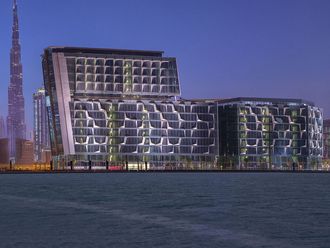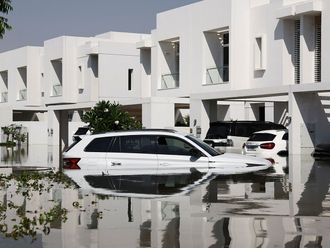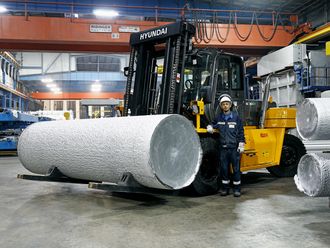Singapore Singapore is unlikely to introduce additional measures to cool the housing market because of a weak economic outlook and lower property transactions, according to Bank of America and JPMorgan.
“A fragile economic outlook and softness in the broader property market suggests that another round of measures may be unwarranted at this point,” Hak Bin Chua, a Singapore-based economist at Bank of America’s Merrill Lynch unit wrote in a note to clients on Thursday.
“The last round of measures in December already dealt quite a severe blow to overall sentiment and transactions.”
Prices of private residential properties declined 0.1 per cent in the quarter ended March 31, compared with a 0.2 per cent increase in the fourth quarter.
Transaction values and volumes tumbled about 26 per cent and 14 per cent, respectively, from the three months to December 31, according to the report. Singapore will report its monthly home sales for May on Friday.
Singapore has been attempting to rein in prices since 2009, when the government barred interest-only loans for some housing projects and stopped allowing developers to absorb interest payments for apartments still being built.
Foreigners and corporate entities have to pay an additional 10 per cent stamp duty following measures introduced in December.
The extra levy is 3 per cent for permanent residents purchasing a second home and for citizens buying their third residential property.
Shoebox units
Expectations of more measures were raised after developers sold a record number of so-called shoebox apartments in the first quarter. The increase in the sales of apartments smaller than 50 square metres is a concern and the government has asked developers to provide more details, Khaw Boon Wan, Singapore’s National Development Minister, said on May 14.
“We expect residential prices to moderate between 5 per cent and 10 per cent from here,” Joy Wang, an analyst at JPMorgan, said in a note to clients on Thursday.
“Together with a moderating land sales market, we are of the view that additional policy measures are unlikely.”
Home sales climbed to 6,682 units in the three months ended March 31, the highest quarterly figure since 1996 when the Urban Redevelopment Authority began reporting the data.
Sales to foreigners fell 74 per cent in the quarter from a year earlier and sales to Singaporeans declined by 12 per cent in the period, Jones Lang LaSalle said on April 24, citing URA data.
“The risk of property cooling measures is ever present but we do not expect any significant new ones in the near term,” Macquarie Group said in a report on Thursday.
Singapore’s economy increased 1.6 per cent in the first quarter from a year earlier, after rising 3.6 per cent in the previous three months, the Trade Ministry said on May 17.
Industrial production unexpectedly fell for the third time in four months in April. Manufacturing dropped 0.3 per cent from a year earlier, the Economic Development Board said on May 25.












